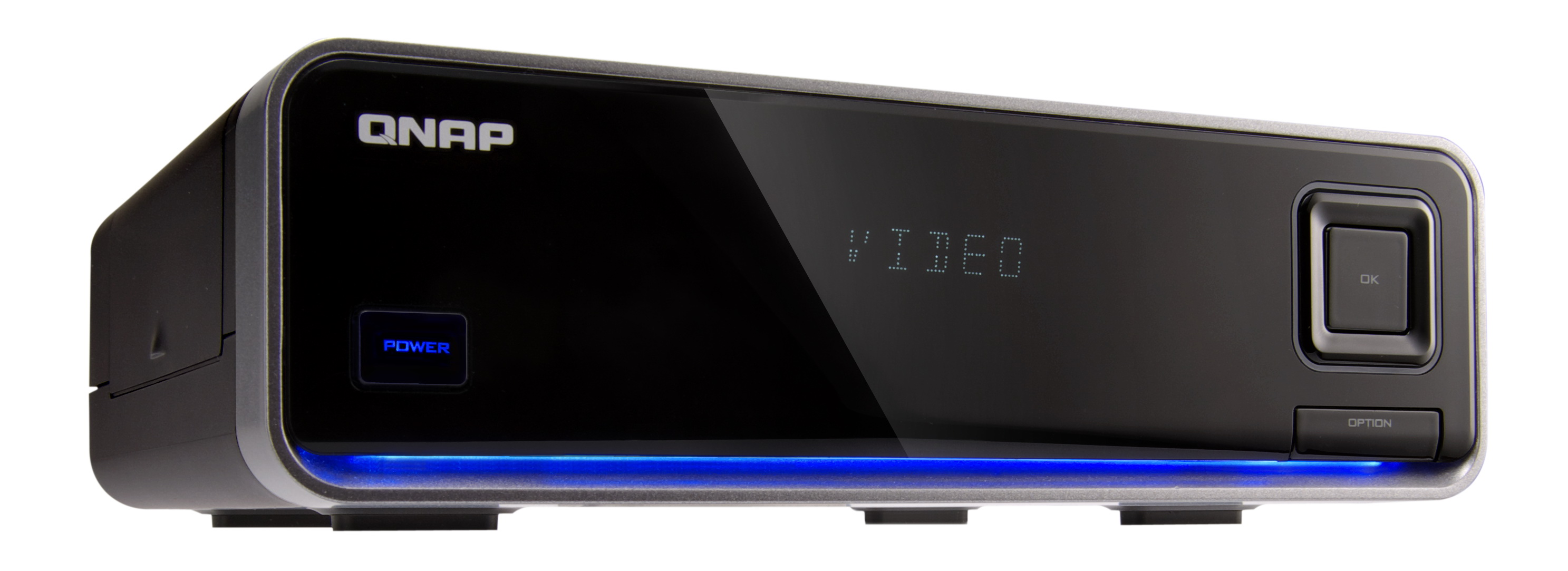

Meanwhile, the traditionally secure approach of setting up a VPN is time-consuming and challenging. Any weak passwords, missed patches, or personal data will be available to anyone looking for it. Assigning a public IP address to your NAS exposes everything on it to potential attackers, who have tools to scan for exactly this kind of vulnerability.

Security is crucial, whether your NAS stores business-critical data, personal creative work, or your media library.Ī common suggestion is to open a TCP/IP connection over a FireWire port. There are options out there for sharing data between networks, but finding one that is also encrypted and simple to set up is a challenge.

Inside a secure local network, it is flexible, reliable and safe.īut what if your users aren’t actually on the same local network? As the trend towards remote work continues, increasing the flexibility and portability of your data has big benefits, but also comes with security risks. Using a NAS allows multiple users and multiple devices to be able to read and write to the same stored data. Network-Attached Storage devices (NAS) are a great way to store and share large amounts of data.


 0 kommentar(er)
0 kommentar(er)
